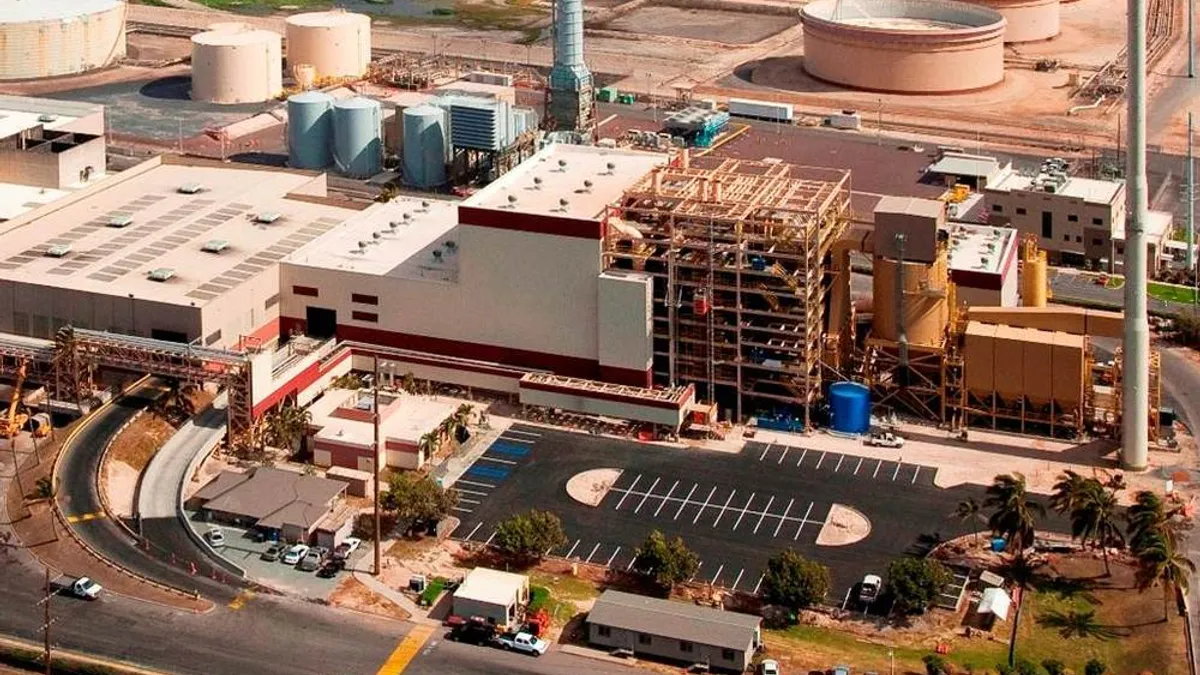Dive Brief:
- The Washington Post reports that appropriations bills for fiscal year 2017 being considered in the U.S. House and Senate could direct the U.S. Environmental Protection Agency to consider biomass energy as carbon neutral, over the objections of some scientists who say it is no so clear-cut a distinction.
- While forests do store carbon over time, some scientists say their ability to act as a carbon sink takes place over years—while burning trees for energy releases the carbon all at once.
- Earlier this year, the Senate included a biomass amendment when it passed the Energy Policy Modernization Act of 2016, directing the Environmental Protection Agency to develop policies considering biomass to be carbon neutral.
Dive Insight:
The Washington Post reports that if appropriations bills focused on the carbon output of biomass energy are passed, then the facilities would not be subject to Clean Power Plan restrictions when the rule goes into effect. But while trees do have carbon-storing properties that lend weight to the argument, many in the scientific community say it is a more complex issue.
“It takes decades to centuries for carbon to accumulate in what I call the forest carbon bank,” Beverly Law, a professor at Oregon State University, told the Post. "On the other hand, burning trees for energy releases all their carbon into the atmosphere immediately. This means that biomass energy has an immediate effect on the climate, one that would take years of tree-growing to reverse."
Dozens of environmental groups have petitioned the Senate Appropriations Committee for help on the issue, arguing that "wood-burning power plants emit more carbon pollution than fossil-fueled plants for each unit of energy generated. This excess carbon pollution can persist in the atmosphere for decades, even accounting for any new trees that could replace those that are cut down."
It is not a simple issue, however. Two years ago, more than 100 experts wrote to the EPA in support of biomass, arguing that “most debates regarding the carbon benefits of forest biomass energy are about the timing of the benefits rather than whether they exist."
Inclusion of the biomass amendment in broad energy legislation earlier this year was seen as a major win for the biomass industry. National Alliance of Forest Owners President Dave Tenny said "the overall benefit of this is that it reaffirms the role of biomass as a renewable energy source and part of our overall energy and climate solution."
Dozens of environmental groups, including Friends of the Earth, New York Climate Action Group and Green America, argued that "treating forest bioenergy as having no carbon emissions directly contradicts physical reality." In a letter to Sen. Lisa Murkowski (R-Alaska), chair of the Energy and Natural Resources Committee, the groups said that on a per-MWh basis biomass facilities emit more carbon dioxide than fossil fuel plants, "due to their low efficiency and the inherent low energy density of wood as a fuel."















